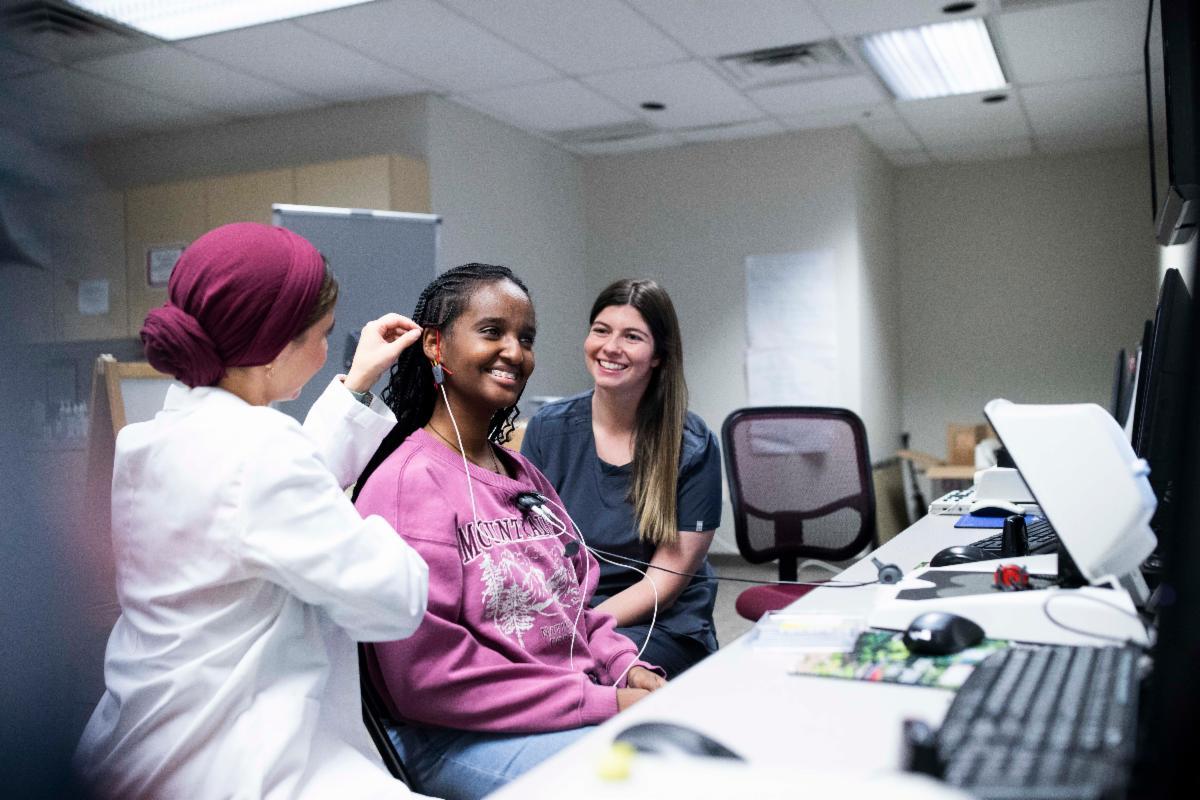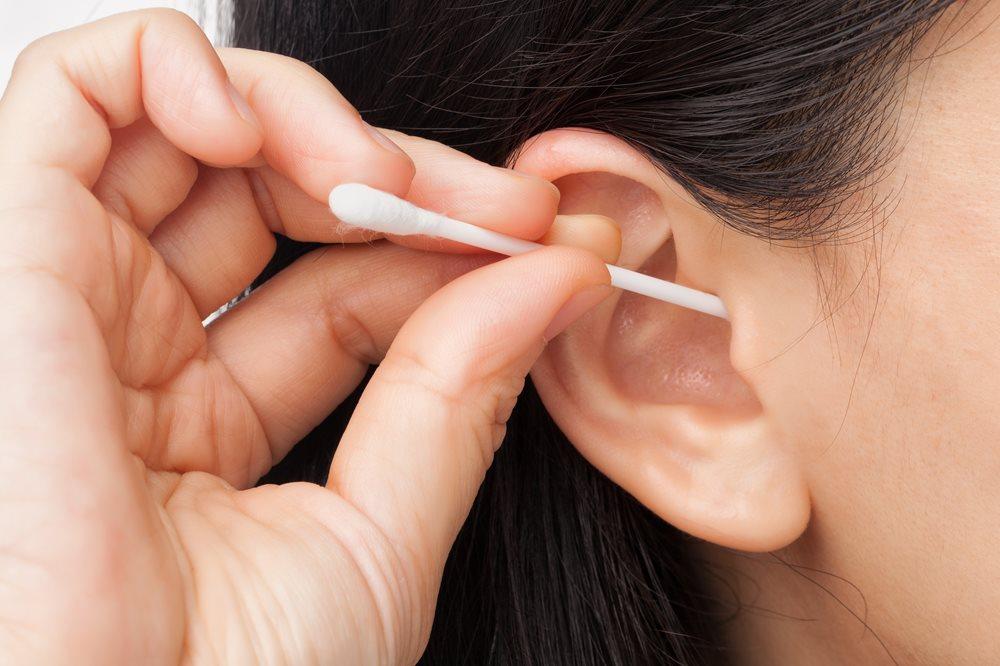

Untreated Hearing Loss Can Affect Your Overall Health

According to the National Institute on Deafness and Other Communication Disorders (NIDCD), roughly 15% of Americans over the age of 18 report some trouble hearing.
Untreated hearing loss poses risks to many aspects of life. This includes a reduced spatial awareness, increased cognitive load, and a higher risk of depression. Ultimately, it affects more than just how you hear, but also how you live your life.
Here are some signs that your hearing has been compromised: You must raise your voice to be heard
You can't hear someone within three feet away from you
Speech sounds are muffled or dull after listening to loud sounds
You have pain or ringing in your earsknown as tinnitus-after listening to loud sounds
More
or
The Dos and Don'ts of Earwax Cleaning

The ear is naturally designed to remove its own earwax and clean itself. All that's needed is regular showering and cleaning the ear with a cloth. However, for many people, cleaning their ears with cotton swabs has become part of their hygiene regimen.
While it seems harmless and effective, it's best to avoid doing so altogether. Removing earwax with a cotton swab comes with risks, including: ear canal injuries, pushing earwax further, risk of infection, and disruption of earwax balance.
The golden rule for ear care is to refrain from inserting any objects into the ear canal. This includes cotton swabs, bobby pins, keys, and any other tools.
Read More
For
Notice of Merger
As of July 3, 2025, Salus clinical facilities, The Eye Institute (TEI), thePennsylvania Ear Institute (PEI), and the Speech-Language Institute (SLI), are now officially part of Drexel University, a renowned institution known for itscommitment to excellence in experiential education and health care.
While this transition may bring about some changes, we want to assure you that our primary focus remains unchanged - providing you with the highest quality health care possible. Our dedicated team of providers will continue to be an integral part of the clinical facilities, ensuring continuity of care and preserving the strong relationships we have built with you over the years. From routine visits to specialized treatments, your health remains in expert hands.
In addition, The Eye Institute's NPI (National Provider Identifier) number will remain the same with the completion of our merger with Drexel University but it will be now listed as Drexel Medicine DBA The Eye Institute.
